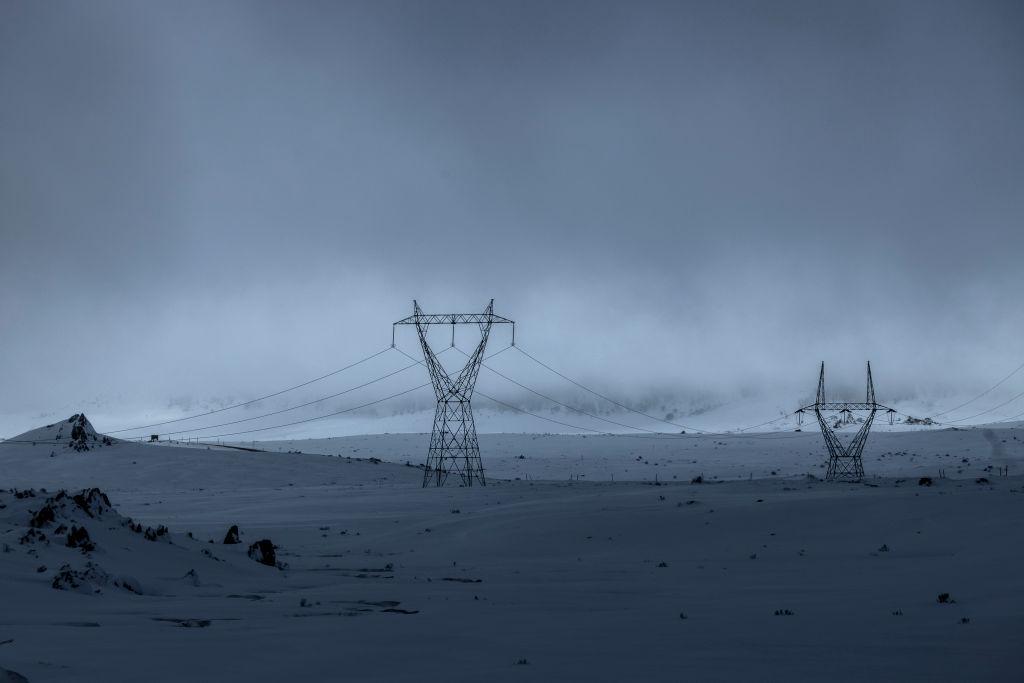The New South Wales (NSW) government will offer regional landowners hundreds of thousands of dollars to host transmission wires on their properties as part of a plan to further renewable energy developments in the Australian state.
On Oct. 25, the NSW government announced the Strategic Benefit Payments Scheme, which is designed to support the changes in the state’s power grid as it connected to more renewable energy sources.





